In today’s consumer culture, we’re forced to make decisions daily.
Some of those decisions include picking a product from a brand. Do you go with Coke or Pepsi? Paper or plastic? Heinz or Hunt’s?
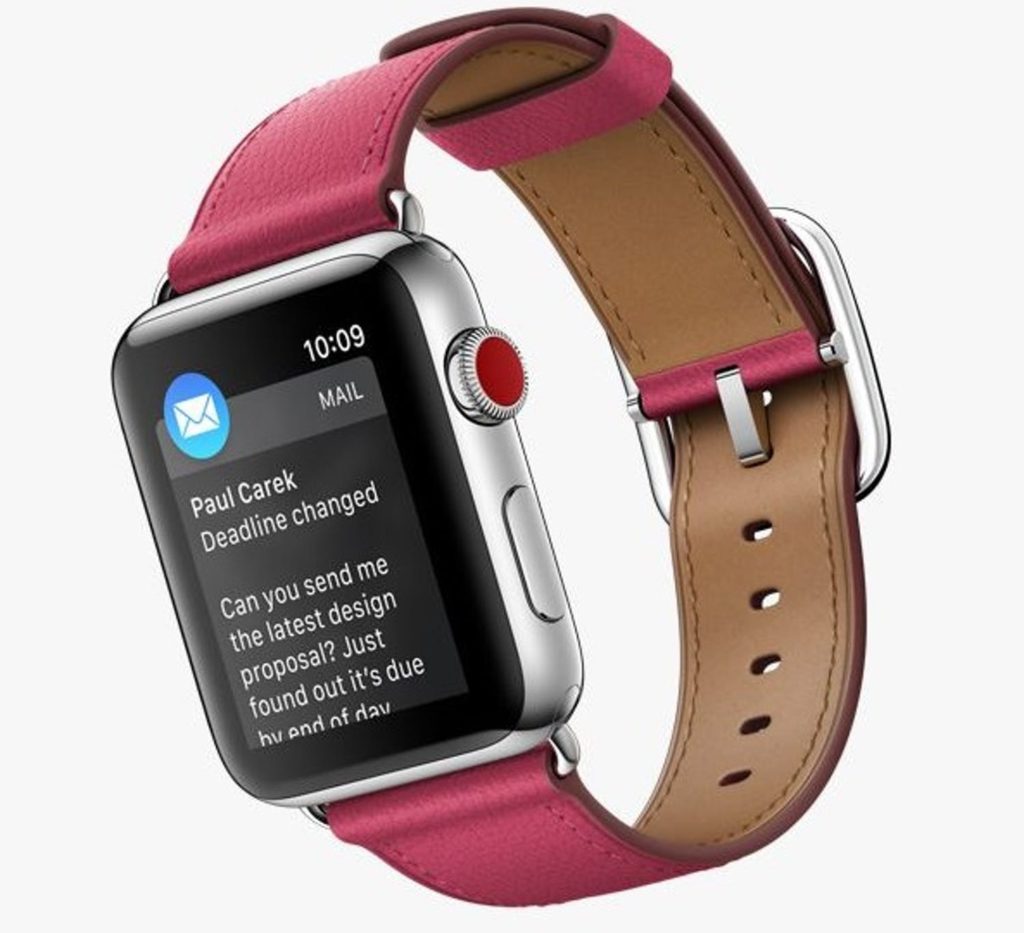
In the watch world, the question is increasingly becoming that of smartwatch or mechanical watch?
With the Apple Watch leading the new sector of the watch market, it left Swiss watchmakers playing catch up.
In 2017, CEO Tim Cook claimed Apple was the world’s No. 1 watch manufacturer.
Swiss watchmakers are fighting back, using their history and brand to push smartwatch sales. So the question remains: mechanical or smartwatch?
Nowadays, consumers aren’t asked to choose as much as before as smartwatches are now being made to resemble their luxury mechanical adversaries.
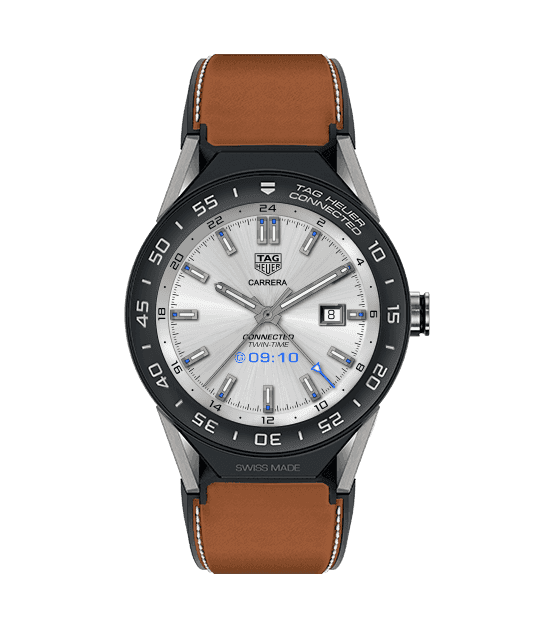
Tag Heuer was the first watch company to release a smartwatch after Apple released its namesake watch in 2015.
There are pros and cons to both mechanical watches and smartwatches.
If you’re going with a luxury option, mechanical watches have a long battery life, longevity and have high resale values.
At the same time, they can’t tell you how many steps you’ve taken, what the altitude is or point you in the right direction (or to the nearest restaurant).
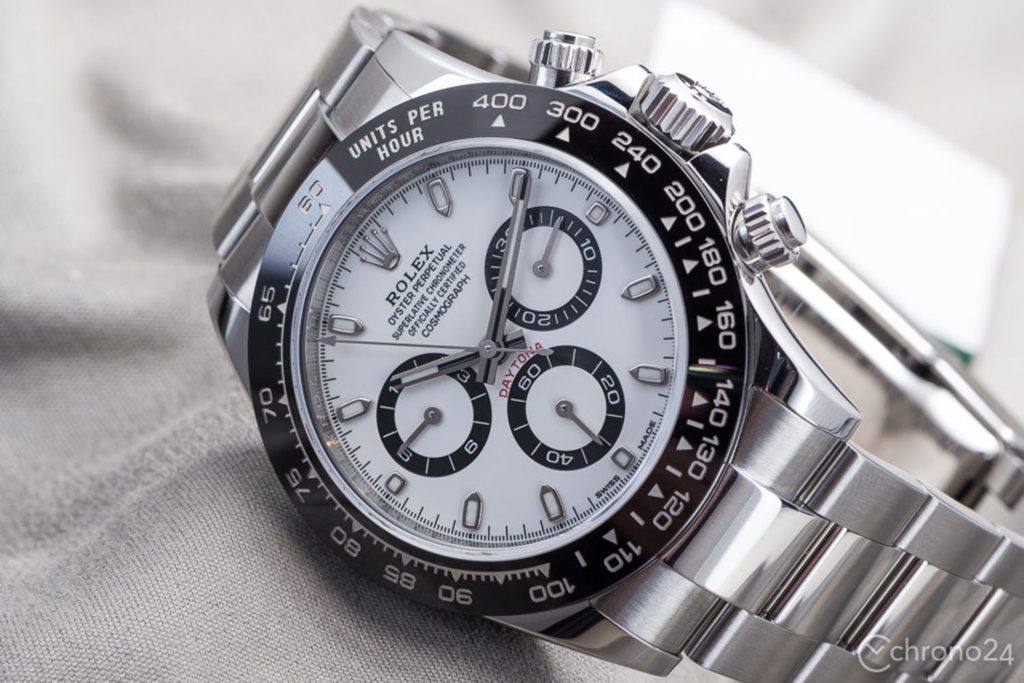
Smartwatches, meanwhile, are sometimes lighter and act as a miniature computer on your wrist, like a paired down version of your phone.
However, smartwatches tend to slow down when newer versions are released and their features become obsolete with each new iteration.
Some reasons to buy a luxury watch are for their high resale value, low maintenance and rich tradition.
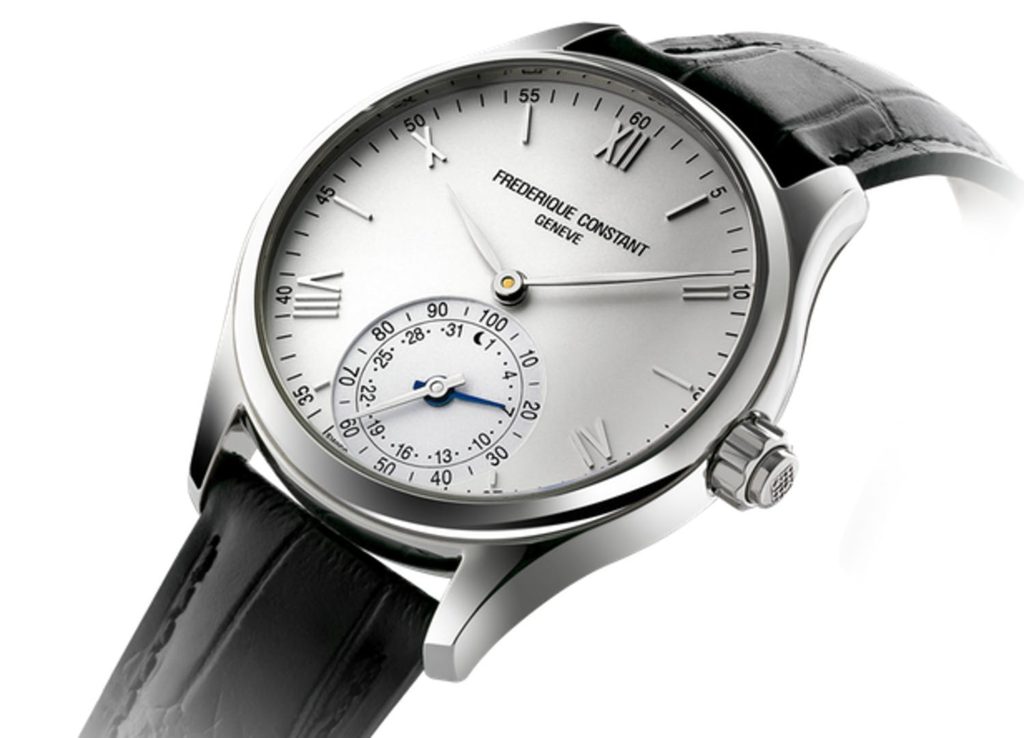
A Rolex, no matter the make, model, color, size or shape is always going to be a Rolex.
Why would anyone buy a smartwatch? The features alone are a selling point, as are their sporty looks and versatility.
So which do you prefer — a luxury mechanical watch or a smartwatch?
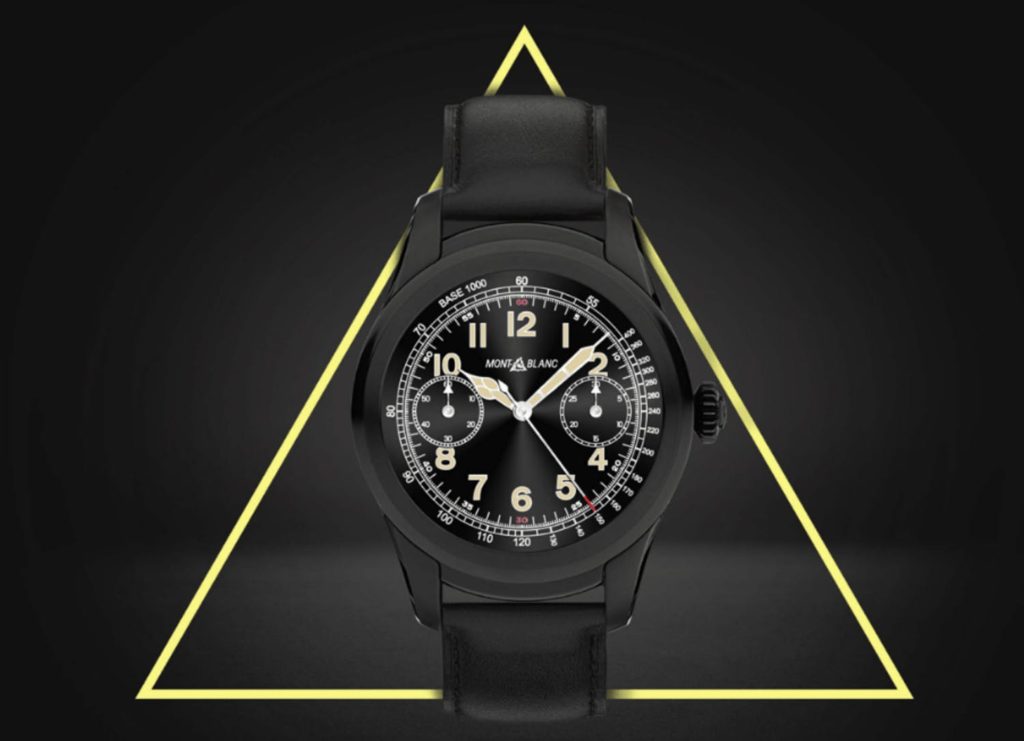

Mark Sirianni
25 Fraley St.
Kane, PA. 16735
watchdoctorpa@gmail.com
1-814-558-4818 Cell
1-814-837-9435

